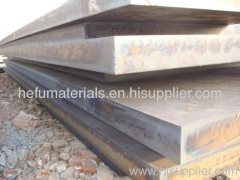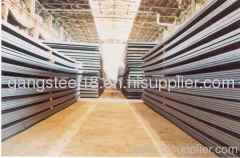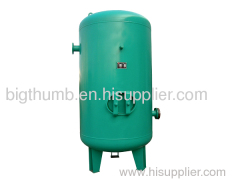
Stainless Steel Pressure Vessel
| Min. Order: | 1000 Piece/Pieces |
|---|---|
| Payment Terms: | L/C, T/T |
| Supply Ability: | 10,000,000 |
| Place of Origin: | Zhejiang |
Company Profile
| Location: | Ningbo, Zhejiang, China (Mainland) |
|---|---|
| Business Type: | Manufacturer, Trading Company |
Product Detail
| Means of Transport: | Ocean |
|---|---|
| Production Capacity: | 10,000,000 |
| Delivery Date: | 45days |
Product Description
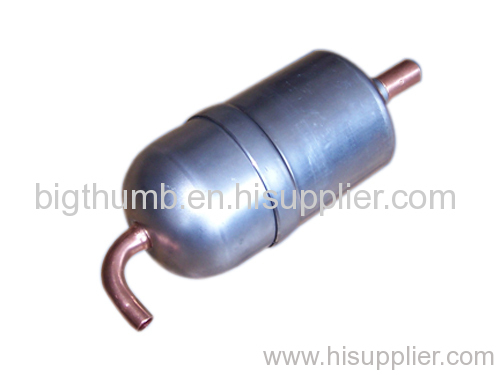
A pressure vessel is a closed container designed to hold gases or liquids at a pressure substantially different from the ambient pressure.
The pressure differential is dangerous and many fatal accidents have occurred in the history of their development and operation. Consequently, their design, manufacture, and operation are regulated by engineering authorities backed up by laws. For these reasons, the definition of a pressure vessel varies from country to country, but involves parameters such as maximum safe operating pressure and temperature.Pressure vessels are used in a variety of applications in both industry and the private sector. They appear in these sectors as industrial compressed air receivers and domestic hot water storage tanks. Other examples of pressure vessels are diving cylinder, recompression chamber, distillation towers, autoclaves, and many other vessels in mining or oil refineries and petrochemical plants, nuclear reactor vessel, habitat of a space ship, habitat of a submarine, pneumatic reservoir, hydraulic reservoir under pressure, rail vehicle airbrake reservoir, road vehicle airbrake reservoir and storage vessels for liquified gases such as ammonia, chlorine, propane, butane, and LPG.
Stainless Steel Pressure Vessel, Installation is convenient, small, not polluted by two times to take up the space, have long performance life.
Stainless Steel Pressure Vessel, Installation is convenient, small, not polluted by two times to take up the space, have long performance life.


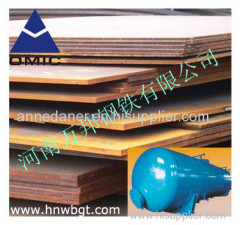
.gif)
